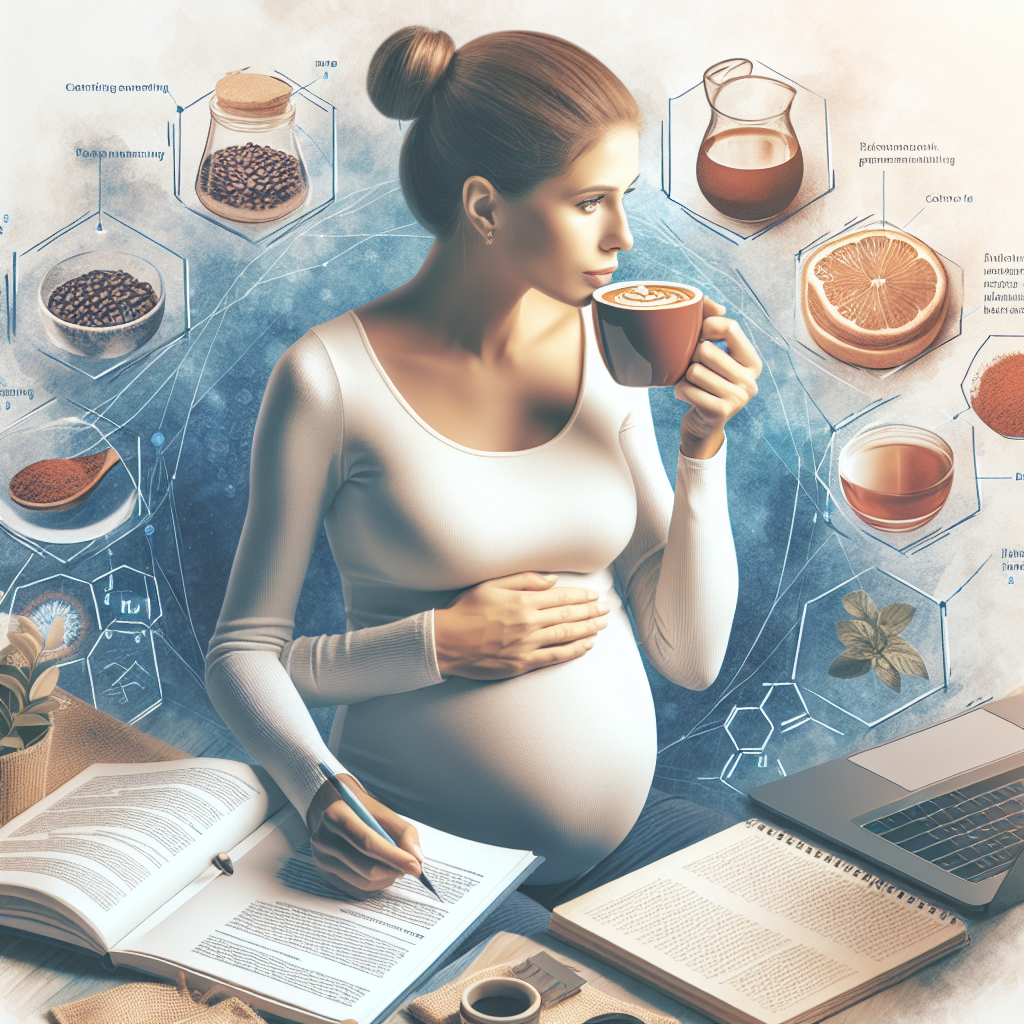Child Development: A Complete Guide to the Essential Stages
Introduction
Coffee is one of the most beloved beverages around the globe, and many people, including expectant mothers, are passionate about its unique flavor. However, pregnancy brings with it a number of restrictions to preserve the health and well-being of both mother and child. In this guide, we'll explore how coffee can be consumed during pregnancy so you can enjoy it without worrying about your little one's development.
The Risks of Coffee Consumption During Pregnancy
Coffee, due to its caffeine content, can have a significant impact on the development of the child during pregnancy. Excessive consumption has been associated with increased risk of miscarriage, premature birth and low birth weight. That's why most experts recommend limiting caffeine consumption to 200 mg per day – the equivalent of about a cup of coffee.
Motor Development of the Child
High levels of caffeine can affect a child's motor development, negatively influencing fine movements and coordination. This is because caffeine crosses the placental barrier and can reach the fetus, which can slow down the development of its nervous system.
Cognitive Development
Studies have shown that high caffeine consumption during pregnancy can have potential effects on the child's IQ and cognitive abilities after birth. Therefore, it is essential to moderate coffee consumption to promote healthy cognitive development.
Language development
In terms of language development, there are no conclusive studies linking caffeine consumption to possible delays or problems. However, maintaining moderate coffee consumption remains recommended.
Tips for Responsible Coffee Consumption in Pregnancy
-
Choose Decaf Variants : Decaf coffee is a good option for expectant mothers who want to enjoy the taste of coffee without the risk of caffeine consumption.
-
The Right Amount : If you choose to drink regular coffee, try not to exceed the limit of 200 mg of caffeine per day.
-
Read Labels : Many products may contain caffeine without you expecting it. By reading labels, you can make sure you don't exceed the recommended amount.
-
Seek Your Doctor's Advice : It's always good to talk to your doctor about any concerns about diet and pregnancy.
Alternatives to Coffee
If you want to avoid caffeine completely, there are many alternative drinks you can try. Hot chocolate, fruit drinks or decaffeinated teas can be just as comforting.
The Importance of the Coffee and Pregnancy Debate
It is crucial to have open and honest discussions about coffee and pregnancy, as many women face confusion and conflicting information. By sharing accurate information, we can help expectant mothers make informed choices for themselves and their children.
Conclusion
Drinking coffee during pregnancy should not be a taboo subject, but rather one approached with caution and responsibility. Every mother wants the best for her baby's health and development, and a balanced lifestyle is key. Limiting the amount of caffeine, choosing decaf varieties and safe alternatives can allow for a pleasant and worry-free coffee experience during pregnancy. Remember to talk to your doctor and take care of your and your baby's health at every stage of the wonderful journey of motherhood.














































































































































